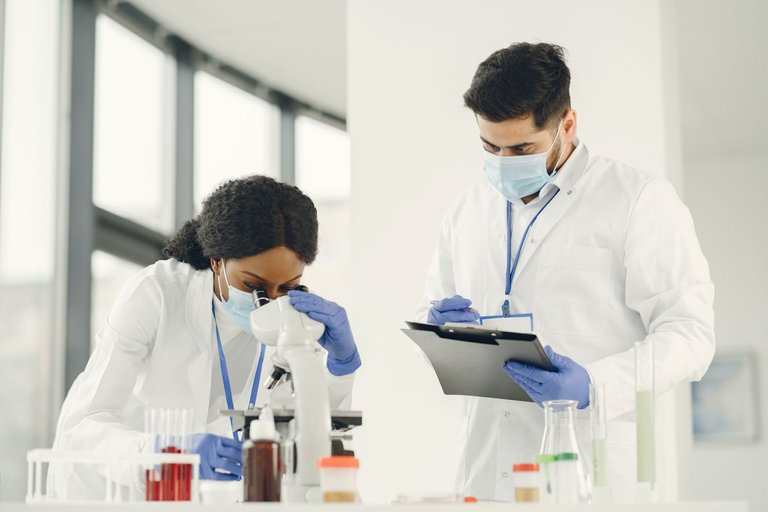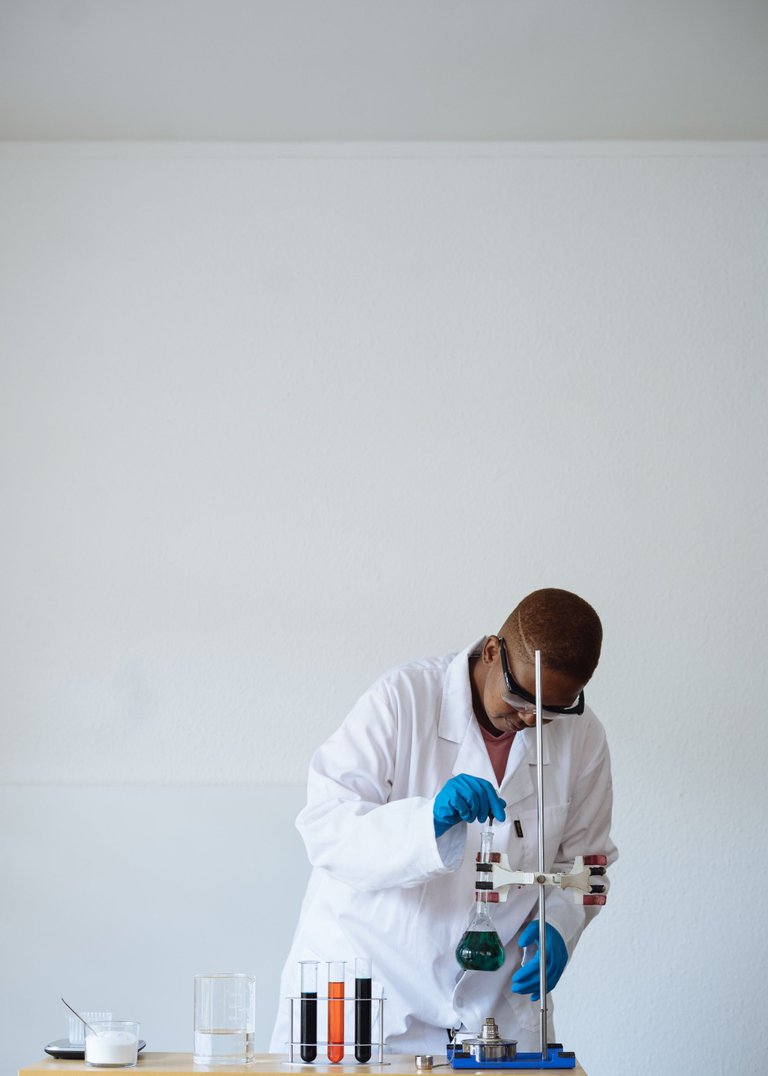Genetic heart conditions could be cured for first time in ‘defining moment


In what is being hailed as "defining moment" for cardiovascular medicine, researchers will write new code in the DNA to create the first ever treatment for genetic heart conditions
Following the receipt of a £30 million grant from the British Heart Foundation, a global team of experts from the UK, US, and Singapore are working together to develop a shot for patients that could prevent thousands of deaths.
The team will design and test the first treatment for inherited heart muscle diseases with the goal of silencing defective genes in the heart for the first time using precision genetic techniques known as base and prime editing. The methods have already been proven effective in animal studies.
Cardiovascular medicine is at a turning point right now, according to Prof. Sir Nilesh Samani, the BHF's medical director.
Different heart abnormalities are the cause of inherited heart muscle conditions, which can result in sudden death or deteriorating heart failure. In the UK, the condition, which can result in sudden death at any age, affects about 260,000 people.
12 people under the age of 35 per week in the UK pass away from an undiagnosed heart condition, which is frequently brought on by genetic cardiomyopathies, a disease of the heart muscle that is inherited.
All people with genetic cardiomyopathies have a 50/50 chance of passing faulty genes to each of their offspring, and frequently, several family members experience heart failure, require a heart transplant, or pass away at a young age.
The new research team was chosen by an advisory panel chaired by Prof Sir Patrick Vallance, the UK government's chief scientific adviser.
Cardiomyopathies, according to Prof Hugh Watkins of the University of Oxford, are "really common" and affect one in every 250 people worldwide.
"This is our once-in-a-generation opportunity to relieve families of the constant worry of sudden death, heart failure, and the potential need for a heart transplant," he said. "After 30 years of research, we have discovered many of the genes and specific genetic flaws that cause different cardiomyopathies, as well as how they work." We expect to have a gene therapy ready for clinical trials within the next five years."
The CureHeart project's co-leader and professor of medicine at Harvard Medical School in the US, Christine Seidman, explained that the goal was to "fix the hearts" and restore them to more normal function.
The majority of the mutations that we discover in our human patients—and there are a great deal of them—frequently change just one letter of the DNA code, according to her. That has increased the likelihood that we could change that one letter and change the code back to produce a normal gene with a normal function.
She stated that "very elegant chemistry" had already advanced this field of science, adding, "Our goals are to fix the hearts, to stabilize them where they are, and perhaps to revert them back to more normal function."
To save thousands of lives by rewriting DNA, a team of experts from the US, UK, and Singapore has developed a vaccine
"We may be able to deliver these therapies ahead of disease in individuals who we know from genetic testing are at extremely high risk of developing disease and progressing to heart failure." We have never been able to deliver cures before, and that is what our project is all about. We know we can do it, and we want to get started."